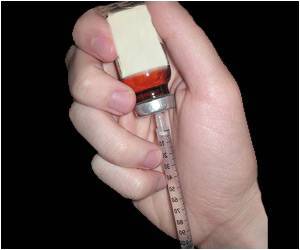Harvard University and George Mason University professors' -- Drs. Richard G. Frank and Len M. Nichols -- offer criteria for Medicare prescription drug negotiations that balance innovation and taxpayer cost

‘Targeting right drugs and establishing reference prices could maximize savings, decrease the cost of prescription drugs for taxpayers and consumers and retard raising Medicare expenses.’
Read More..




Medicare spending for prescription drugs is growing at higher rates than other Medicare spending (9% for Medicare Part B drug spending and 7.3% for Medicare Part D, annually). Specialty drugs--those for a smaller number of patients that cost more and require clinical supervision--were responsible for 63% of the spending growth in Medicare Part D from 2010 to 2015. Read More..
"We need carefully designed Medicare prescription drug negotiations," says Frank. "We've proposed specific criteria to guide negotiations and maximize savings while preserving incentives for innovation."
To optimize negotiations, Frank and Nichols recommend two guiding principles: (1) targeting the right drugs and (2) establishing reference prices for negotiations. Medicare would begin negotiations on drug pricing when one of two criteria are met: (1) little competition with high markups and (2) high levels of annual Medicare spending or more than $500 million.
However, negotiations need to meet 3 items for success. First, Medicare will need the power to penalize manufacturers if a reasonable price could not be obtained. Second, upper and lower limits of drug pricing would be set in advance by using the dollars per quality-adjusted life-year (QALY) gained or a similar index.
This step will allow higher prices for drugs providing more clinical value and, thereby, provide incentive for developing medications needed most by populations. Third, a neutral third-party arbitrator would become involved if negotiations could not be reached between Medicare and a manufacturer.
Advertisement
Source-Eurekalert












